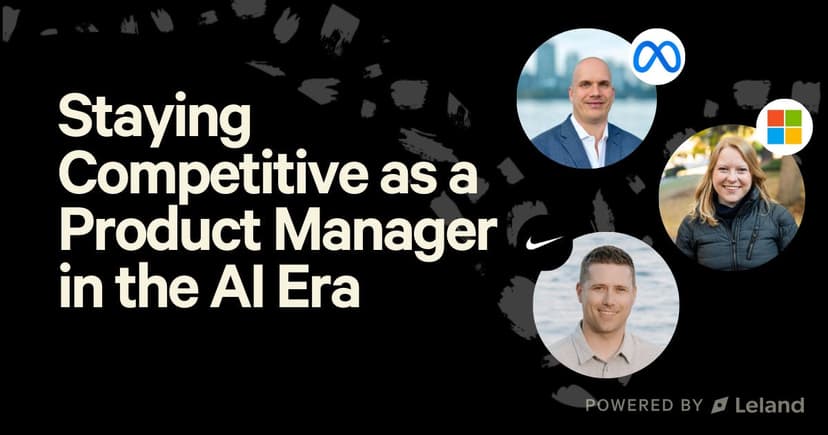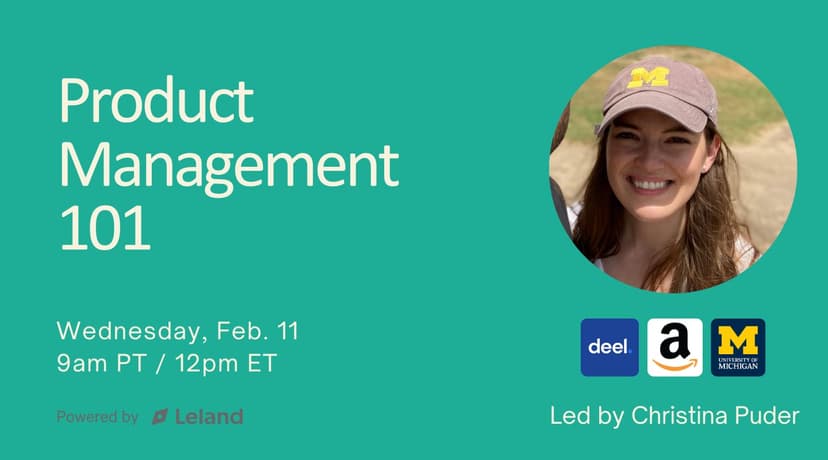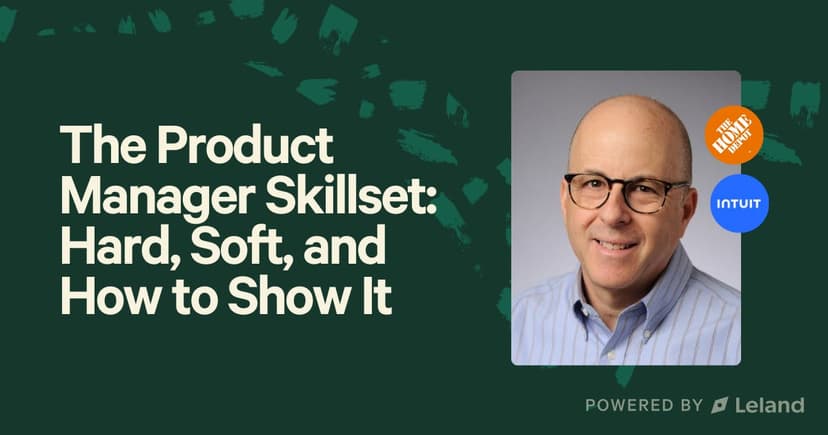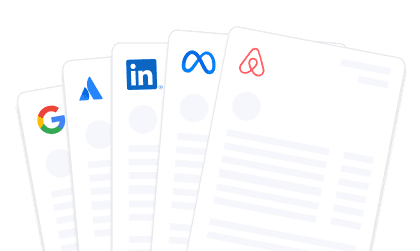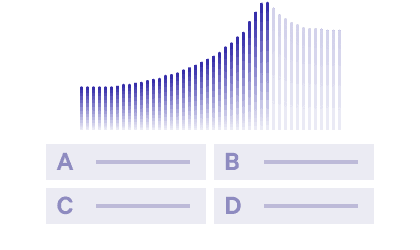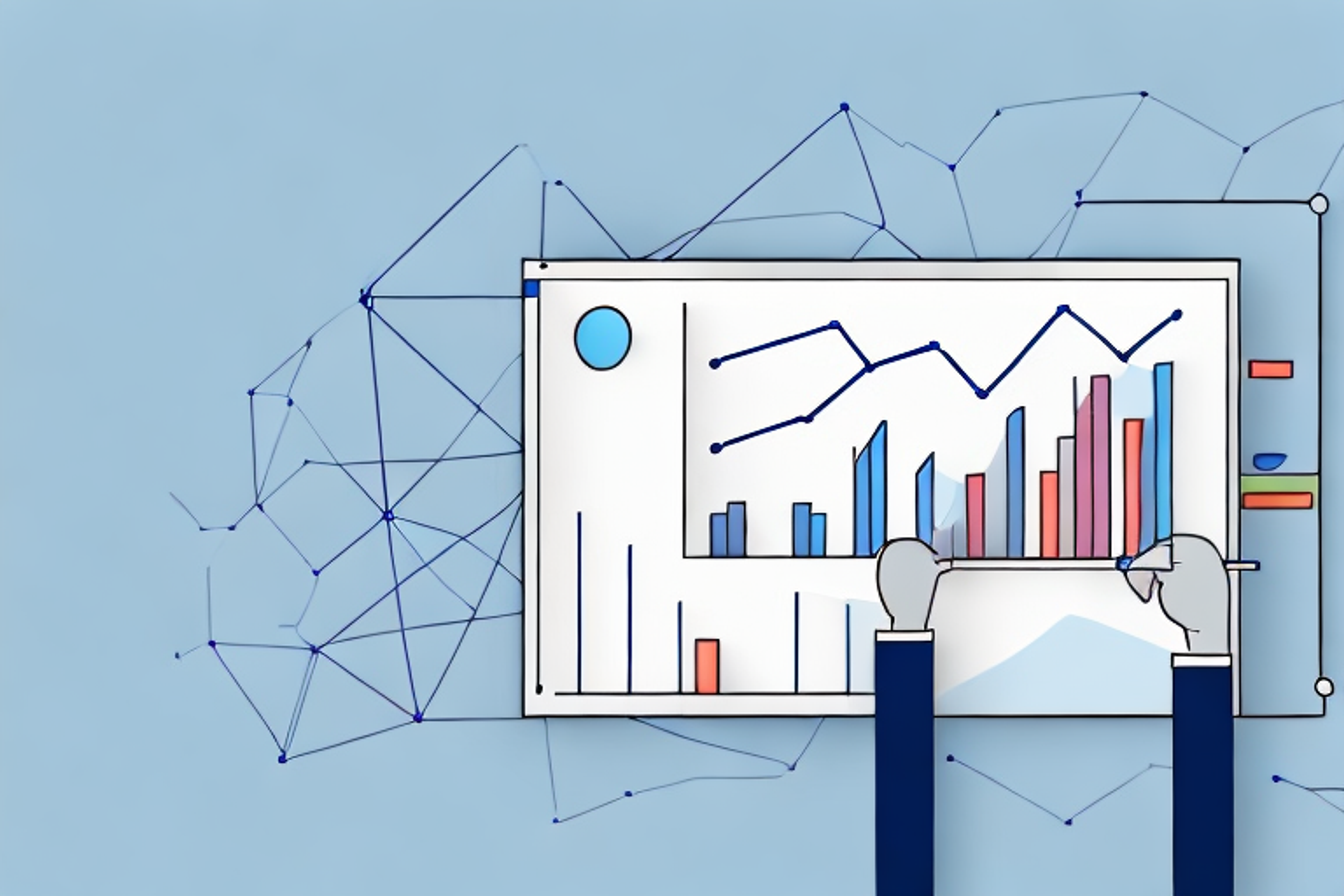Capital One Product Manager Interview: Process, Questions, & Tips (2025)
Prepare for your Capital One case interview with a full guide to the product manager interview process, sample questions, and expert tips for success.
Posted February 5, 2026

Join a free event
Learn from top coaches and industry experts in live, interactive sessions you can join for free.
Table of Contents
If you are preparing for a Capital One product manager interview, you will need to master both case and behavioral formats while showing that you can think strategically about products, analyze data, and communicate clearly. The interview is structured to test your problem-solving skills, business acumen, and fit with Capital One’s core values. In this guide, we will walk you through the full product manager interview process, including the application and interview process, Power Day interviews, case interview preparation, and strategies to stand out as one of the successful candidates.
Read: How to Become a Product Manager
Overview of the Capital One Interview Process
Application and Recruiter Screen
The process begins with your application. After you apply online, you will usually move to a recruiter phone screen or a recruiter screen. This short call confirms your background, communication skills, and alignment with the product manager role. Expect questions about your resume, prior projects, and your interest in the position and the company.
Online Assessment
If you advance, you will complete an online assessment. This step often includes a mini case interview that asks you to analyze data and provide a solution. Math and logic questions that test your quantitative skills will also be included. Then, be prepared for short prompts that check your ability to apply structured thinking. The online assessment helps recruiters see how you solve problems without much prior knowledge.
Power Day Interviews
The most important step is Power Day interviews. This is often the final round where you meet multiple interviewers, including a hiring manager. You will face a case interview focused on a business case or product strategy. They will ask you behavioral questions where you explain experiences with cross-functional collaboration, leadership, and problem-solving. Be ready, as they will give you a job fit interview or a technical interview, depending on the role you are applying. During this stage, you need to show your ability to lead different teams, communicate complex ideas, and make decisions using data-driven decision-making.
Read: How to Prepare for CapitalOne Product Management Case Interviews
Case Interview Process at Capital One
What Makes Capital One Case Interviews Unique
A Capital One case interview differs from traditional case interviews used at consulting firms. You may be asked about customer acquisition, pricing, or how to design a new Capital One product. Calculators are often allowed, and the cases are more data-heavy. The format checks your problem-solving ability and your approach to product strategy.
Case Format
The typical case interview process includes:
- Clarifying the prompt with clarifying questions.
- Laying out a framework with structured thinking.
- Working through math or data analysis to support your ideas.
- Making a final recommendation to the interviewer.
Your goal is to apply analytical skills to solve complex business problems and show how you would make decisions in a real product manager interview.
Examples of Business Case Questions
Here are a few examples of case topics that may appear in a Capital One case:
- Estimate the profitability of a new credit card using break-even analysis.
- Conduct market research to identify target customers for a new product.
- Propose a strategy for customer acquisition in a competitive market.
- Use thorough market analysis to evaluate market trends and decide on a product launch.
These cases will test your ability to analyze data and connect findings to product management decisions.
Expert Tip: Search on the web for samples of business case topics and questions so you can practice and have an idea of the topic.
Read: Capital One Case Interview Guide: Questions, Examples, & Tips
Behavioral Interviews and Personal Fit
Personal Experience Interview
Behavioral or personal experience type of interviews ask you to explain your past actions. Common prompts start with “Tell me about a time when…” Examples of this are:
- Leading different teams from different departments in collaboration during a product launch.
- Using strategic thinking to handle a complex business problem.
- Explaining how you managed to communicate complex ideas under pressure.
Core Values and Job Fit
Your answers should reflect Capital One’s core values of customer focus, innovation, and teamwork. Successful candidates connect their experiences to these values, so review them carefully and apply them in your interview responses.
Product Manager-Specific Expectations
Product Development and Strategy
As a Capital One product manager, you are expected to lead the product development process from idea to launch, prioritize features using data and customer insights, build a product strategy that aligns with market trends and customer needs, and demonstrate your ability to guide cross-functional teams while keeping stakeholders aligned.
Measuring Success
You should also know how to measure product success after launch by tracking adoption and retention metrics, using data analysis to guide decisions, and making adjustments based on the competitive landscape and feedback. Strong product skills come from balancing business needs with customer outcomes.
Example Capital One Product Manager Interview Questions
Case and Business Questions
Expect case questions like these:
- “How would you design a strategy to increase customer acquisition for a new card?”
- “Estimate the break-even point for a new Capital One product.”
- “How would you conduct market analysis to identify target customers for a personal loan?”
Behavioral Questions
Common behavioral questions include:
- “Tell me about a time you had to lead diverse teams on a tight deadline.”
- “Give an example where you had to solve problems with limited resources.”
Read: How to Nail “Tell Me About a Time…” Interview Questions
Technical and Product Skills
Some interview questions will also test your knowledge of:
- Product development process steps.
- How to prioritize features during roadmap planning.
- Using market research to guide a particular strategy.
Read: 50+ Capital One Interview Questions & How to Answer Them (With Examples)
Preparation Strategies for Candidates
Structured Preparation
When you start your interview preparation, focus on building a strong foundation. A good way to do this is by practicing with mock interviews that include both case and behavioral formats. You should also review case interview preparation resources, not only from consulting interviews but also from product manager contexts, since both share similar skills. As you practice, work on improving your structured thinking and creating clear frameworks to organize your answers. This will help you stay confident and focused during the real Capital One case interview.
Focus Areas
To stand out as a candidate, there are a few skills you should practice regularly. First, sharpen your quantitative skills by working on mental math and simple calculations. Next, focus on clear communication during problem-solving so that your interviewer can easily follow your thought process. Finally, remember to apply business acumen when giving recommendations. Connecting your numbers and ideas back to the bigger picture of product management shows that you can think like a true Capital One product manager.
Advanced Tips
If you want to strengthen your preparation, spend time studying market trends and the competitive landscape that affects the company. Learn about their products and how they generate revenue, since this knowledge is often valuable in a business case discussion. You should also practice giving a final recommendation with confidence, even if your analysis is not perfect. Interviewers want to see that you can communicate complex ideas clearly, take a stand, and demonstrate that, like other successful candidates in the final round or Power Day interviews, you are ready to perform at that level.
Common Mistakes and How to Avoid Them
Many candidates make avoidable mistakes during the Capital One interview process, and knowing them ahead of time can help you prepare better. One common error is jumping straight into the case without asking clarifying questions, which can cause you to miss the actual goal of the problem. Another is giving weak or vague examples of collaboration during behavioral interviews, which does not show your ability to work with teams. Some candidates also forget to connect their answers to Capital One’s core values, even though the company places strong weight on cultural fit. In case discussions, overlooking key metrics when explaining how to measure product success can make your answer incomplete. Finally, many rush through the math in a business case and make small mistakes that hurt their credibility. To avoid these issues, take time to clarify the prompt, prepare specific stories that show teamwork, tie your answers back to the company’s values, explain metrics clearly, and double-check your calculations before presenting a final recommendation.
The Bottom Line
Getting ready for the Capital One product manager interview is less about memorizing frameworks and more about showing how you think, solve problems, and work with others. The process combines case interviews, behavioral interviews, and the high-stakes Power Day interviews, so practice really matters. The candidates who do well come prepared, and you can be one of them. If you connect your own stories, you’ll show the hiring manager that you’re not just ready for the interview itself, but for the real challenges of product management at Capital One.
Check out this simulated product execution interview with two product management expert coaches, including a former Capital One PM. Then, check out Leland's hundreds of free, live product management workshops and panels.
Ready to Ace Your Product Manager Interview with Confidence?
If you want to sharpen your skills, start by practicing with mock interviews and studying examples that reflect the product manager interview at Capital One. You can also work with one of our expert coaches, who will be there to guide you every step of the way.
Visit: The Top 10 Product Management Consultants & Coaching Services (2025)
Read these next:
- How to Nail Your Product Sense Interview
- 10 Job-Ready Career Skills That Will Set You Apart
- Product Strategy: What it Is and How to Build One
- Product Execution Interview: What It Is, Questions, & Tips
- Product Manager Salary: By Career Path, Experience Level, & Industry (2025)
- Associate Product Manager (APM) Resume Guide — With Examples
FAQs
What is the Capital One product manager interview process like?
- The interview process usually starts with a recruiter screen, followed by an online assessment, and then moves to the Power Day interviews. On Power Day, you’ll face a mix of behavioral questions, a Capital One case interview, and meetings with a hiring manager to test your skills and fit for the role.
How is the Capital One case interview different from consulting firms?
- Unlike traditional case interviews at consulting firms, the Capital One case interview focuses more on data-heavy business problems, such as customer acquisition, pricing, and product strategy. Calculators are often allowed, and you’ll be expected to show structured thinking, apply math, and connect your answers to the work of a Capital One product manager.
What kind of behavioral questions should I expect?
- Behavioral or “tell me about a time” questions are common. You might be asked to share stories about leading cross-functional collaboration, solving a tough product challenge, or handling pressure during a launch. These questions help the hiring manager see how you work with teams and whether you align with Capital One’s core values.
What skills do successful candidates need to show?
- Successful candidates highlight strong problem-solving skills, clear communication, and business acumen. They also show they can analyze data, think strategically, and work through complex business problems. Most importantly, they connect their stories to product management and show how they would perform as a Capital One product manager.
How can I prepare effectively for the Capital One product manager interview?
- Good interview preparation includes practicing with mock interviews, reviewing case interview preparation materials, and studying examples that mirror the one product manager interview you’ll face. Learn about Capital One products, keep up with market trends, and be ready to give a confident final recommendation. Working with a coach can also help you refine your approach and practice with feedback.
Browse hundreds of expert coaches
Leland coaches have helped thousands of people achieve their goals. A dedicated mentor can make all the difference.
